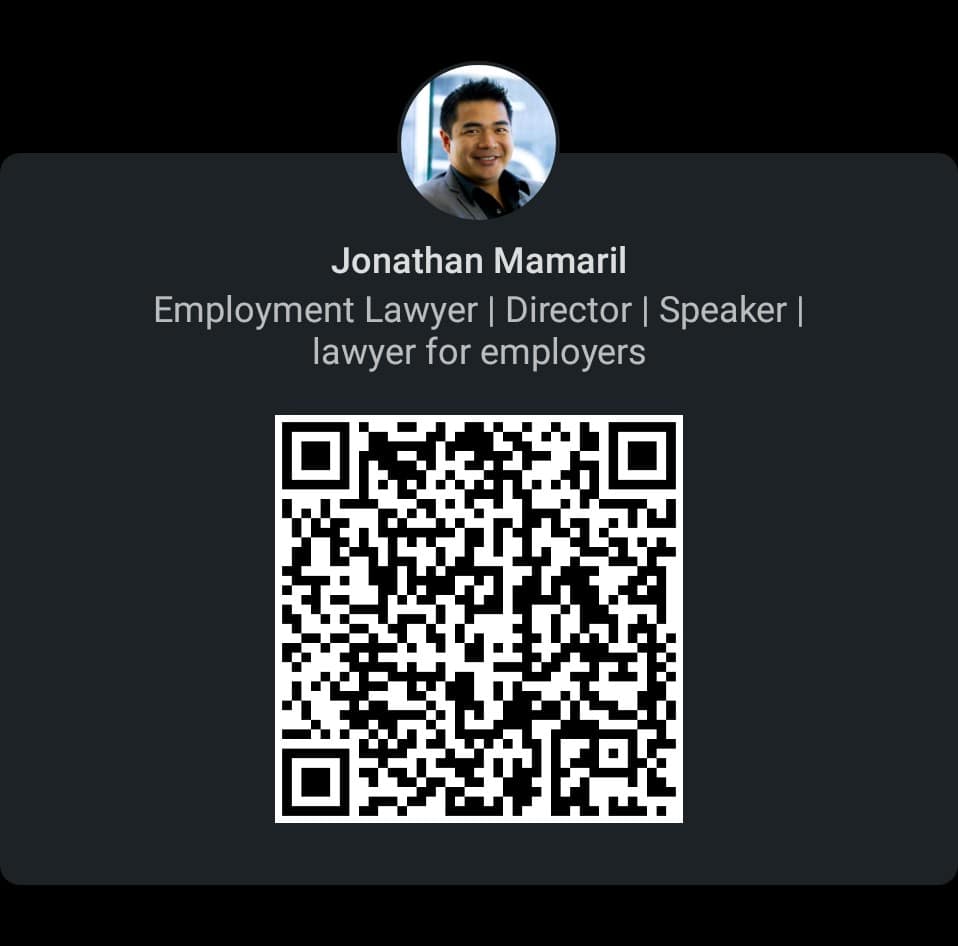
Sharing details of a complaint made by an employee or having a manager react to a complaint angrily is a recipe for disaster – the case of Lamont v University of Queensland (No 2) [2020] FCA 720 demonstrates this.
It started when the applicant (an academic) made a complaint about a Professor due to their harassing and bullying behavior. At the time of the complaint the applicant had asked the University for the Professor to cease his supervision and another nominated person to takeover.
Unfortunately for the University of Queensland the Professor in anger emailed two other colleagues the letter of complaint (and other surrounding correspondence). The Professor also then on behalf of the University threatened legal action against the applicant.
The applicant subsequently filed a claim with 41 counts of adverse action of which the Federal Court upheld 5. The main ones though were centred around:
- Breach of confidentiality – by sending the letter of complaint to other colleagues; and
- Threat of disciplinary action because of the complaint he made which would fit within a workplace right.
What is General Protections?
The general protections found in Part 3-1 of the Fair Work Act 2009 (Cth) (FW Act) establish employees have certain workplace rights (or benefits) arising under workplace laws (such as the FW Act itself), workplace instruments (such as a modern award) or an order made by an industrial body (such as the Fair Work Commission or the FCC). The FW Act provides an employer must not take adverse action (such as dismissal, discrimination or demotion) against an employee because the employee has exercised their workplace rights. On that basis, an employee’s exercise of their workplace right is ‘protected’.
Once an employee establishes they have exercised their workplace right(s) and the adverse action taken by an employer (usually a dismissal), the onus shifts to the employer to provide an explanation on the reasoning for taking the adverse action. The reverse onus of proof can give rise to significant difficulties for an employer, particularly where reasoning for the actions taken is undocumented or ambiguous.
For more information check out our other articles on General Protections:
- When You Get It Wrong, 3 Mistakes An Employer Made Leading To A General Protections Order Of $85K
- General Protections Complaint – Huge Future Economic Loss $Pay-Out Due To COVID-19
- General Protections Applications – How To Successfully Defend A Claim From A “Probationary Period” Employee
- Firing Employees In Their Probationary Period – Beware General Protections
- Councils Beware Of General Protections Claims – “Slow The Process Down”
- Application For Reinstatement, Denied – How Excellent Complaint Management Gives Lessons For HR Teams In Councils
What happened in Lamont v University of Queensland (No 2) [2020] FCA 720?
The Judge in this case found this matter extremely difficult and painful to deal with. Lamenting the copious amounts of material involved in what was really a very simple matter that needed a much more practical outlook from firstly the Professor in a management capability and then later from the Employer in dealing with such a complaint.
The Judge found there a breach of general protections due to mental and emotional distress (which was established) and awarded $15,000.
What Employers can learn from this case?
Putting aside the very painful litigation process dealt with here between two people with opposing personalities the legal perspective and practical business perspective should give us some learnings:
- All complaints should be dealt with according to the policy and procedure in place, if there is not one in place (establish one) use procedural fairness and potentially consider a workplace investigation
- Issues around confidentiality are integral – sharing details of a complaint with other people in the organisation who would not be involved in this process is a recipe for disaster, breaches of policy, breaches of implied obligations and breaches of contract
- Mediation might be something to consider – in a matter like this where there are people who simply do not get along, consider mediation. Obtaining an external provider to provide mediation services is worth the extra cost to obtain an outcome where all parties can get along
- Harassment and workplace bullying training is very important – training around current policies in place for training and harassment should be regular and relevant. It can provide preventative and risk mitigation qualities if done right.
NB Lawyers – Lawyers for Employers undertake and offer an obligation free consultation – we are happy to help.
Reach out via [email protected] or +61 (07) 2102 6935 to book an appointment.
If you got value out of this article email [email protected] or click on this link to subscribe to our value added newsletter.
Written By
Director
NB Lawyers – Lawyers for Employers
Jonathan Mamaril leads a team of handpicked experts in the areas of employment law and commercial law who focus on educating clients to avoid headaches, provide advice on issues before they fester and when action needs to be taken and there is a problem mitigate risk and liability. With a core value of helping first and providing practical advice, Jonathan is a sought after advisor to a number of Employers and as a speaker for forums and seminars where his expertise is invaluable as a leader in this area as a lawyer for employers.



